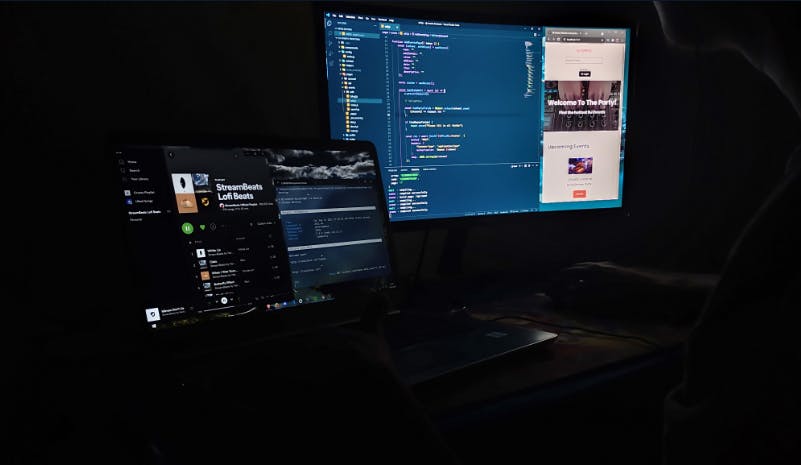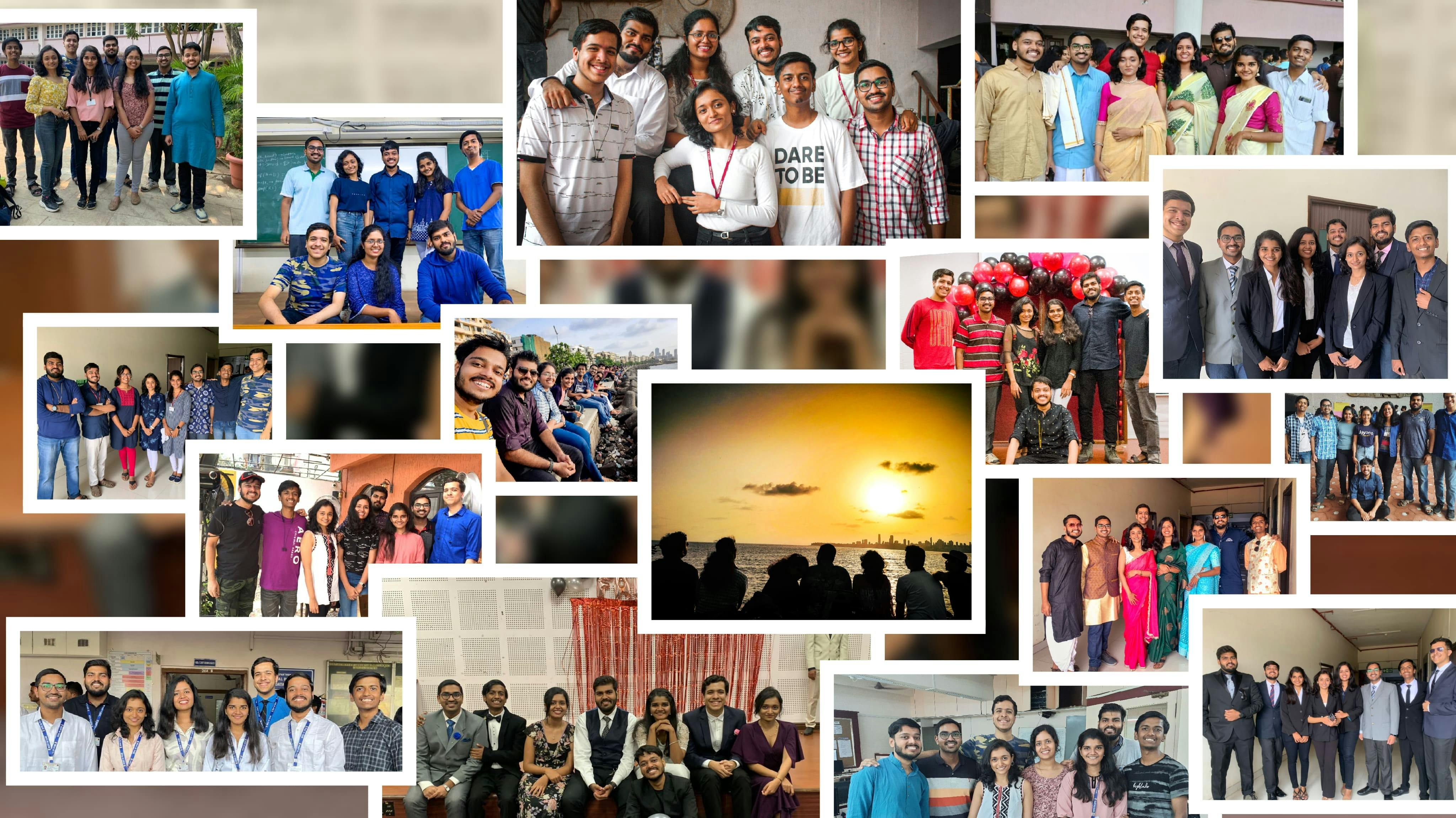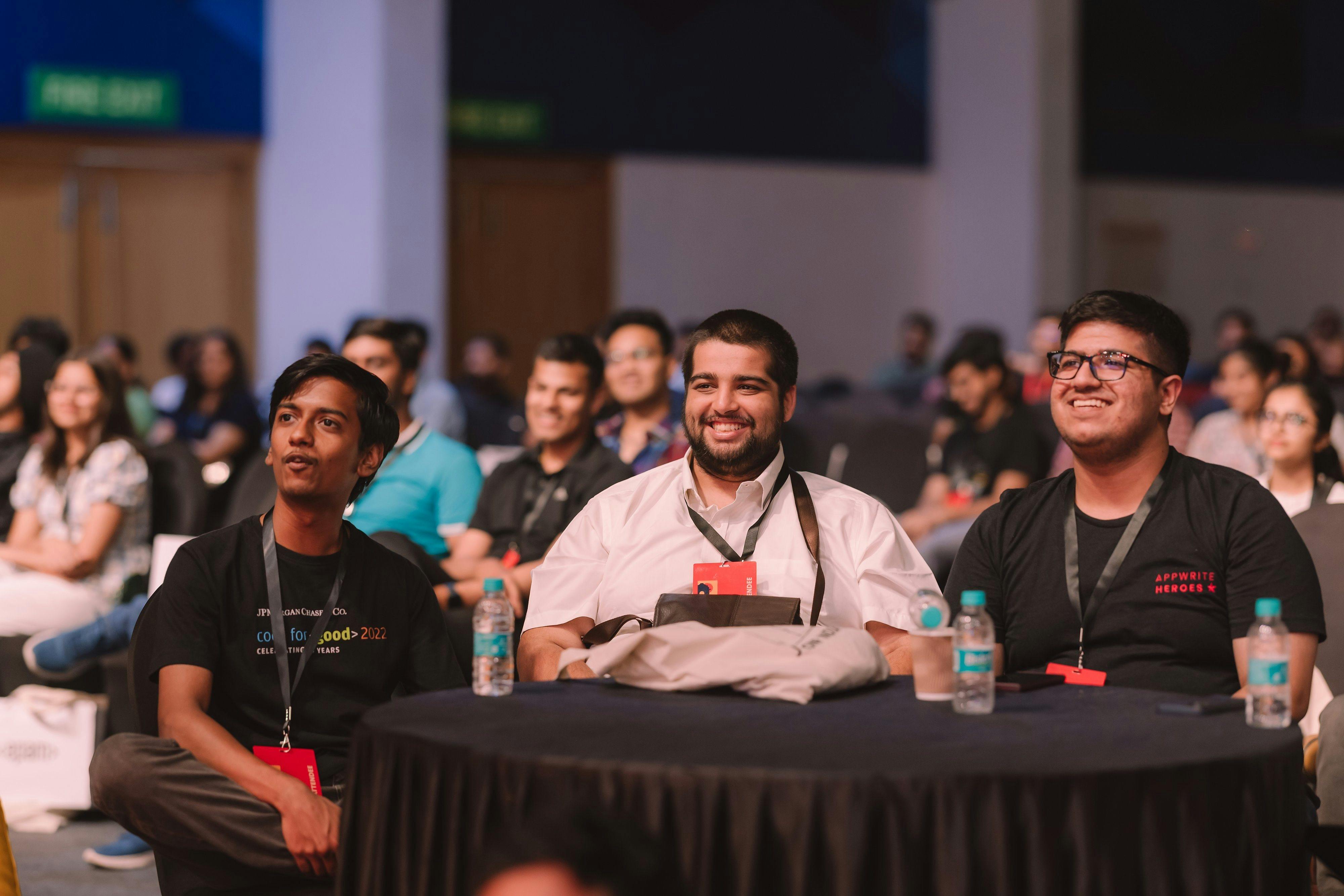It's been a month since I appeared for my final examination to officially complete my degree formalities as an IT Engineering Graduate. Transitioning from a naive 17-year-old kid out of high school to a Software Developer in these 4 years, I'd like to share my experience in the form of these five lessons.
Writer's Note: I've written this thread in the context of career and life (in India), so you can expect less technical advice.
Performing Under Pressure

As a professional, especially in the tech industry, you'll find yourself working most days under the pressure of deadlines, client expectations and many more.
In Engineering, the pressure becomes second nature. You face deadlines for assignments, and journals every other day. At a certain point, I've had more than 10 submissions to cover in a matter of 3 days, which is insane. Yet, I somehow managed to do it.
The key here is to learn how to manage your time and bring the best results even when you're under the pump. This is a skill set that is immensely valued in the work environment.
Upskill through hard work

You open up Instagram and all you see is motivational reels and podcasts talking about rules and shortcuts so that you can achieve everything in the next 48 hours. Not how it works, sadly. Good things take time.
What I mean by upskilling is to become technically sound. Technology is changing by the minute. Faster than ever these days thanks to AI and what it brings. If you're not up-to-date with what's latest, it'll become challenging for you to get jobs in the long run.
Start with the basics. Pick your favorite language, and master a framework and a tech stack that you can use in your side projects and hackathons.
Practice solving problems on Leetcode, Hackerrank or other platforms. It is a critical skill to land an interview in most tech firms.
Explore different domains, Web and App Development, Data Science, DevOps, Cybersecurity and many more. See what you like the most and gain expertise in that field. Become un-replaceable.
Do not rely on your college

Most universities (in India) have outdated syllabi which cover barely 10-15% (being optimistic) of what's actually used in the industry. The theory is important and generally well-covered. Practical knowledge is what we mostly fall behind in, and that's where self-learning becomes critical. You need to develop the ability to learn by yourself, something that you'll keep using in your professional life.
If you're in a Tier 3 institute in India, your on-campus placement statistics may not impress you as much. In that case, you'll have to explore opportunities off-campus, for which you'll need a good set of skills and a solid network.
You can always look around for referrals. Having a good network on Twitter or LinkedIn always helps.
Experience Responsibility
Arguably the most important thing that I learned in these 4 years.
The respect that you earn and the value that your work creates in an organization are heavily reliant on the levels of responsibility you're able to take as a professional. It's as simple as people describing you as - "They know what they're doing, they get the job done".
The only way you can learn how to manage responsibility is by doing it at relatively easier levels in your college life. Volunteer to organize different technical and non-technical activities in college, it could be a part of fests, cultural programs or virtually anything. This kind of leadership experience helps you build confidence in yourself. Not only does it help you work in teams, but it also makes you a better team manager.
As we walk into our colleges, we are mostly naive 17-year-old kids who have no idea what adult life looks like. We're in our own little world having fun because in most cases, there are people who take care of us in almost all aspects of life. And suddenly, by the time we're done with Engineering, we're 22 and now we've to take care of everything on our own.
Aside from all the leadership skills, this kind of experience also opens you up to different perspectives and makes you a more mature human being, which is critical not just at work, but also in life.
Build Lifelong Connections

When I came into Engineering, I was an introverted kid who knew no one, didn't speak to anyone and just went on with his business. I used to think this is how I was always going to be.
What you see in this picture are the 7 gems of my life who I met in my Engineering college. I can't say enough that I've been insanely lucky to meet them and be in a group of such nice human beings.
As I've mentioned several times before, life becomes very different after college, so please make sure you make the most out of these 4 years in every way possible.
Give back to the Community

Everything that I know in tech today, I owe to my teachers, online instructors, easy-to-read documentation and the creators of countless YouTube videos and courses out there. I have to mention the great man Brad Traversy. He's the first tech YouTuber I started watching when I worked on my first web-development framework - Laravel. I think he is a legend, especially after getting to know his story and in my mind, he's the best developer out there.
As much as I call it self-learning, it is all possible because of the content that is available today. Most developers of yesteryear would agree how difficult it used to be to work with things when you got stuck working with an old codebase.
I have a separate thread coming up later this year about this aspect, but you can start by having coffee chats with your juniors in college, talking about technologies with them, helping them in taking better decisions, telling them to avoid mistakes you made and more.
That must've been a long read, and I'm glad you came here. Thank you for giving me a little bit of your time, I hope your coffee was nice and I hope you have an amazing day ahead.



